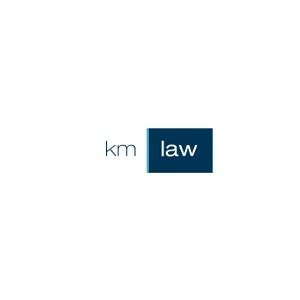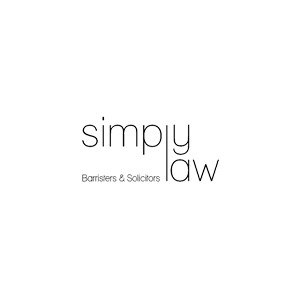Best Franchising Lawyers in Tauranga
Share your needs with us, get contacted by law firms.
Free. Takes 2 min.
List of the best lawyers in Tauranga, New Zealand
About Franchising Law in Tauranga, New Zealand
The city of Tauranga, in the Bay of Plenty region of New Zealand, has seen a rise in the number of franchise businesses in recent years, spanning a range of industries from food and beverage to retail and services. Franchising law in New Zealand is not governed by a specific legislation; however, it is subject to general laws such as the Commerce Act, the Fair Trading Act, and Contract Law, among others. These laws regulate the relationships between franchisors and franchisees, addressing matters like competition, consumer protection, dispute resolution and contractual obligations.
Why You May Need a Lawyer
While franchises provide a proven business model, the complex nature of a franchise agreement often requires the guidance of a specialised lawyer. From understanding the rights and obligations of each party involved, to negotiating the terms of the agreement and handling any disputes that may arise, the assistance of a lawyer can be crucial. Further, legislative compliance, intellectual property issues, and matters regarding exit strategies or franchise resale also can necessitate legal advice.
Local Laws Overview
Though New Zealand lacks specific franchising law, general commercial and contract laws apply. Aspects such as competition law, which prohibits anti-competitive agreements, pricing, and practices, and consumer law, which safeguards against misleading or deceptive conduct, false representations and unfair practices, are vital. Moreover, contractual law guides the creation of the franchise agreement which forms the basis of the franchisor-franchisee relationship. Lawyers can help in navigating these laws and ensuring that franchise agreements comply with them.
Frequently Asked Questions
1. Do I need a lawyer to start a franchise?
Though not mandatory, it is highly advisable to engage a lawyer when establishing a franchise. They can assist in understanding the terms of the agreement, ensuring legislative compliance and avoiding potential disputes.
2. What protection do I have as a franchisee?
New Zealand law ensures protection against misleading or deceptive conduct and unfair commercial practices. Your rights and obligations as a franchisee will also be outlined in your franchise agreement.
3. Can I sell my franchise?
Yes, but the terms and conditions for doing so would be defined in your franchise agreement, hence legal advice may be required to understand these terms.
4. What if the franchisor breaches the contract?
The breach of a franchise agreement is usually handled by the dispute resolution process outlined in the agreement. A court proceeding can also be initiated depending on the breach.
5. What are the common causes of disputes in franchising?
Disputes often arise from miscommunication or misunderstanding of the agreement, performance issues, or perceived breaches of contract. Having a lawyer may help in avoiding or managing these issues.
Additional Resources
The Franchise Association of New Zealand (FANZ) provides valuable information for both franchisors and franchisees. Government agencies such as Business.govt.nz also provide resources related to franchising.
Next Steps
If you need legal assistance in franchising, begin by seeking a lawyer specialised in franchise law. Prior to this, gathering all relevant information about your franchise and identifying the areas where you require advice will make the process smoother.
Lawzana helps you find the best lawyers and law firms in Tauranga through a curated and pre-screened list of qualified legal professionals. Our platform offers rankings and detailed profiles of attorneys and law firms, allowing you to compare based on practice areas, including Franchising, experience, and client feedback.
Each profile includes a description of the firm's areas of practice, client reviews, team members and partners, year of establishment, spoken languages, office locations, contact information, social media presence, and any published articles or resources. Most firms on our platform speak English and are experienced in both local and international legal matters.
Get a quote from top-rated law firms in Tauranga, New Zealand — quickly, securely, and without unnecessary hassle.
Disclaimer:
The information provided on this page is for general informational purposes only and does not constitute legal advice. While we strive to ensure the accuracy and relevance of the content, legal information may change over time, and interpretations of the law can vary. You should always consult with a qualified legal professional for advice specific to your situation.
We disclaim all liability for actions taken or not taken based on the content of this page. If you believe any information is incorrect or outdated, please contact us, and we will review and update it where appropriate.

















